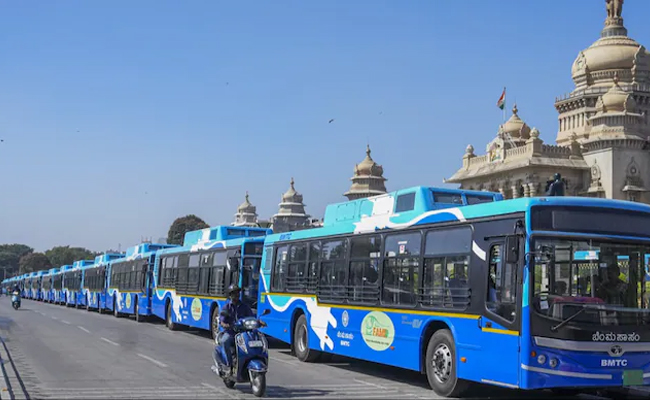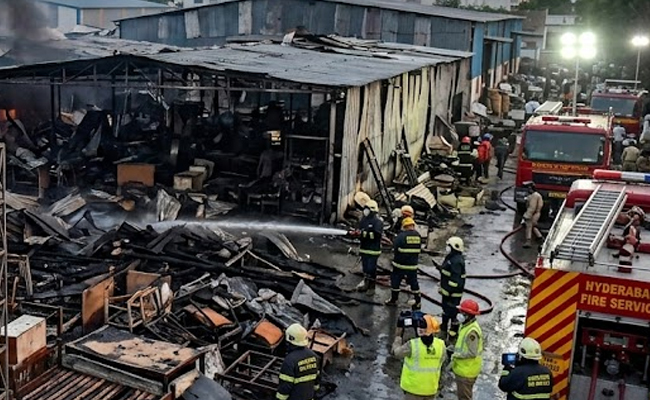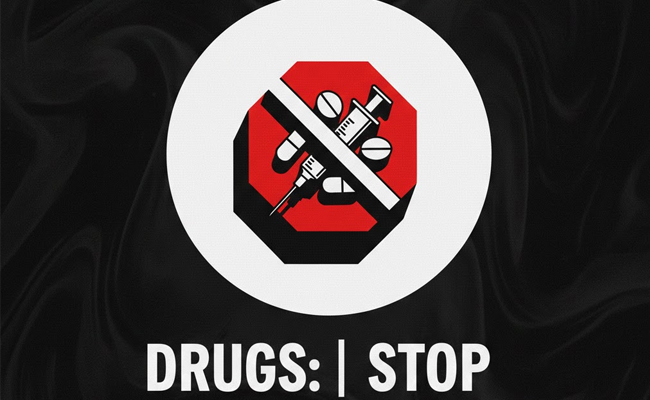New Delhi: The Indian team paid the price for Rishabh Pant's poor DRS calls against Bangladesh and skipper Rohit Sharma says that he doesn't want to jump to a conclusion yet whether the youngster is good enough to take tricky review decisions.
India did not review the decision when the umpire turned down an lbw appeal against Mushfiqur Rahim in the third ball of the 10th over, bowled by leg-spinner Yuzvendra Chahal. Rahim was on six at that time and went on to make an unbeaten 60 to lead Bangladesh to a comfortable seven-wicket win, while chasing 149 on Sunday night.
"Of course, Rishabh is young and he will need time to understand. It's too soon to judge whether he can make those decisions. Plus, the bowlers as well. It's a combination when the captain is not in the right position to make that decision," Rohit said at the post-match conference.
In the last ball of that Chahal's over, when the umpire turned down a caught behind appeal against Soumya Sarkar, Rohit reviewed the decision on Pant's insistence but lost it since there was no edge.
"When you are not in the right position (as a fielder), you have to trust your bowler and the wicketkeeper. Based on that, you have to make that decision, whichever format you play."
Rohit felt that 148 was a defendable score had they been smart on the field.
"148 was a good score. We would have defended it if we were smart on the field. A couple of decisions we did not get it right on the field and that went against us. That's where we lacked in decision making," he said.
Sent in to bat, India lost Rohit in the very first over and the skipper his early dismissal combined with a tough pitch negotiate made life tough for them.
"Whenever you lose a wicket in the first over, it's not easy to build on that. The pitch was slightly soft, so shot-making was not that easy. We wanted something around 140-150, on batting first, that was the message."
While Bangladesh batsmen negotiated the conditions better, young Indian batsmen struggled to cope.
Rohit said he was not overtly worried about that fact that his brigade failed in home conditions but lauded Bangladesh for raising crucial partnerships.
"The ball was stopping and gripping a little bit. These are young players trying to get into the squad, so they need a bit of time to understand how they need to bat on such pitches. I would not call that over-cautious approach. I think we were smart but we did not get enough runs.
"It was good fighting total but when you defend such total, you need to keep taking wickets but they had good partnerships and that was the turning point."
Needing to defend 22 runs in the last two overs, Rohit handed the ball to young left-arm paceman Khaleel Ahmed, who conceded four straight boundaries.
Asked if how difficult it was to operate without proven performers such as Mohammed Shami and Jasprit Bumrah, the captain backed his young bowlers.
"These are the guys, who did not play for a while in this format. These are bowlers we have been identified that they are the ones who can do well in this format. They have done reasonably well." He expects them to learn from their mistakes.
"They still need to understand when defending smaller targets, they need to bowl according to the plan. They will learn by playing these games. They have the talent and ability to bounce back but only time will tell if they can do that or not." He also said that, asking Khaleel to bowl the penultimate bowler was the best option he had.
"I did not want our spinners to bowl at the back-end. I kept one over for Chahal because he has bowled in that situation before. Two right-handers, I will take that chance anytime with Chahal taking the ball away from them. So that was the idea behind keeping Khaleel for the back-end."
Let the Truth be known. If you read VB and like VB, please be a VB Supporter and Help us deliver the Truth to one and all.
Bengaluru: Whitefield police have arrested two men from Delhi for allegedly stealing mobile phones from passengers travelling in Bengaluru Metropolitan Transport Corporation (BMTC) buses and solved 14 theft cases, officials said on Tuesday.
The arrested accused have been identified as Jai Chand (25), who worked at a hotel in Delhi, and Tarun (34), an autorickshaw driver in Delhi.
Officials said on January 24, a Mahadevapura resident lodged a complaint that his iPhone 15 Plus was stolen while he was travelling on a BMTC bus towards Whitefield.
Based on the complaint, police registered a case and arrested two suspects within an hour near a lodge on Hosa Road. During the arrest, the police found a bag containing several stolen mobile phones.
ALSO READ: Two college dropouts held with drugs worth Rs 10 crore in Bengaluru
“During interrogation, the suspects confessed that they were stealing mobile phones from passengers travelling in BMTC buses. They had also committed thefts during a concert held under the Channarayapatna police station limits on January 23,” the police said.
Investigations revealed that the accused had travelled from Delhi for the concert and stolen mobile phones from the audience. A third suspect is at large and is likely hiding in the Shahdara area of Delhi.
One of the victims, a YouTuber, raised the theft issue in February in a post on X.
“Here is my (FIR No 0013/2026 is registered in Channarayapatana PS. Your GSC No. is PO1814260100013) request @DelhiPolice @BlrCityPolice to plz look into this & get my device back since it's my work phone & I am a youtuber, all my data is there! someone plz help. @dcpwhitefield,” Anirban Sarkar posted on X on February 6.
Police have recovered 14 mobile phones of various brands, collectively valued at about Rs 9 lakh, from the accused. The two were produced before the court and remanded in judicial custody.
In total, one case from Whitefield and 13 from Channarayapatna police stations were detected. Further investigation is underway.




